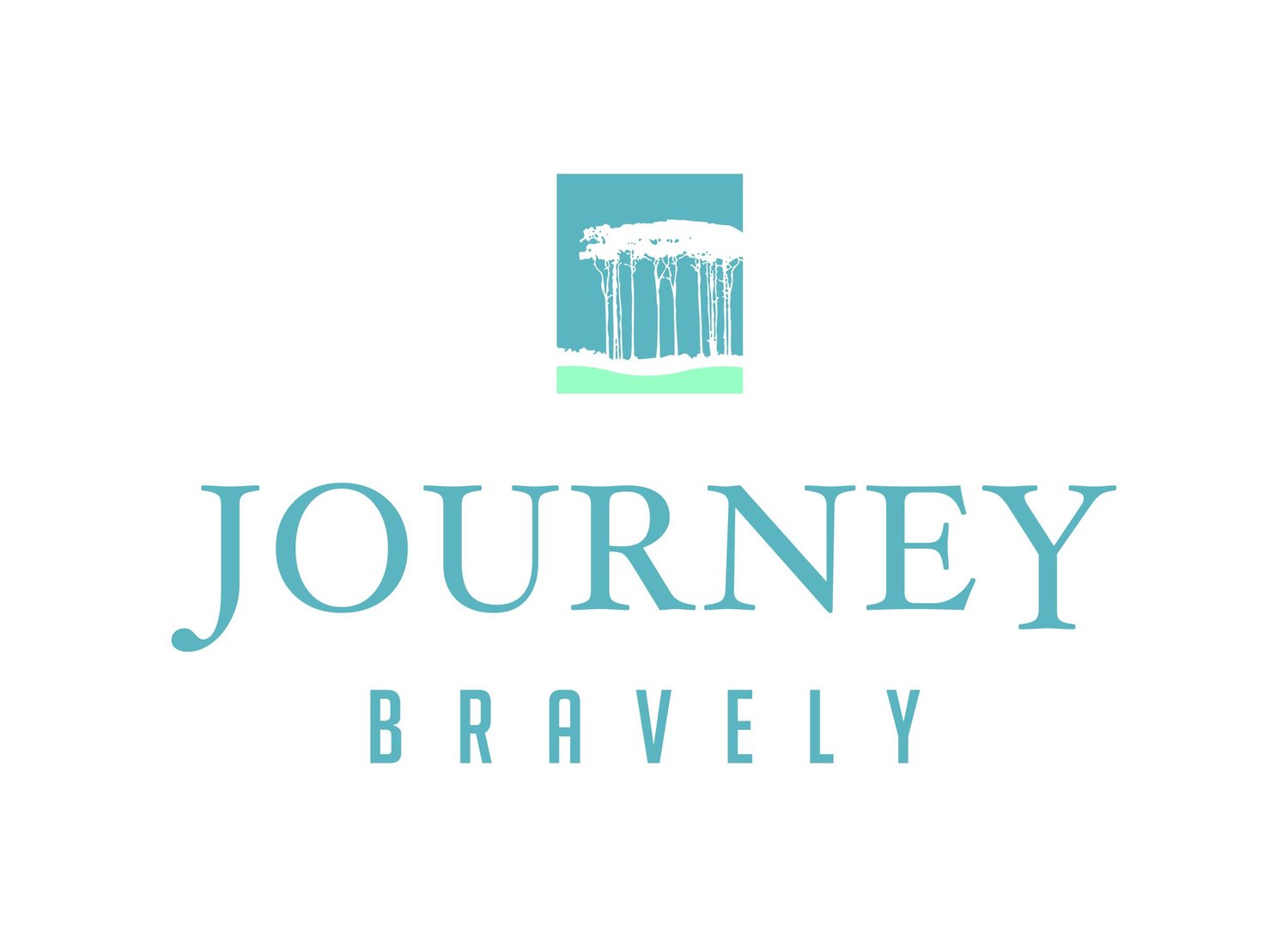You’re in the middle of a conversation and suddenly it becomes apparent the person you’re talking to holds a different opinion on an important topic. Maybe you start to worry if you share your thoughts, you’ll be judged or cancelled. Maybe you feel incensed the other person could possibly hold that opinion or belief and you feel tempted to judge, cancel, or shame them. Maybe you want to learn to hold the tension of differing views and values but you feel confused about how to be true to your values while not judging or shaming someone else.
Cancel culture regularly sacrifices kindness in the name of being right and holding others accountable. Cancel culture says for justice and rightness to prevail, people must be publicly shamed for holding independent beliefs that deviate from some moral majority. And when you’re part of the moral majority, cancelling others can feel justified. The problem is cancel culture is built on the false idea that shame creates true change. In reality, current shame research (read anything by Brene Brown for more on shame) tells us shame actually breeds insecurity, self-loathing and hopelessness. Shame may create a temporary, superficial, face-saving shift but results, long-term, in the opposite of healthy change. Ashamed people are highly likely to make poor choices that have negative, hurtful effects on themselves and others.
So, if you remove shame from your toolbox, what options do you have? Reflect on a time when you needed to learn something new. What was most effective in helping you move forward? Maybe someone said you were unintelligent and you needed to get it together. Maybe someone said you must be ignorant for not already knowing something. Was that helpful to you? Or, maybe someone lovingly and kindly said you are a valuable person period. Maybe they directly and kindly shared a different perspective and allowed space for you to hold your value while also presenting a new possibility. Was that helpful to you? Kindness consistently moves people toward change more effectively than shame. And, kindness makes you feel better about yourself at the end of the day.
5 Ways to Practice Kindness Over Cancelling:
1. Slow down and take a breath. Different opinions/values can create emotional overwhelm if you feel strongly about something. You may find yourself going into fight or flight and impulsively speaking words of shame. Try taking a few breaths and reminding yourself that someone else having a different value than you does not mean attack or shame are needed. Instead remember that both values can exist even if you disagree.
2. Humanize the other person. Often when someone holds a different value, it’s tempting to begin viewing them as “other” and deserving of shame. Try remembering traits you like and appreciate about the person. Remind yourself they are a whole person with strengths and weaknesses and try not to define them by the one issue about which you disagree.
3. Seek to validate. Validating means try to understand how the other person might believe or feel the way they do based on their history and experiences. You don’t have to agree. Instead, try to embrace and articulate to the other person that you can understand how they might see things the way they do even if it’s very different than how you see it. Validation reduces defensiveness and opens avenues for seeing the other person as valuable despite differences.
4. Embrace humility. Try remembering that while you may hold your values to be very true and dear, you are not the absolute authority on truth. You can believe your values are right and true while also recognizing others can differ from you and still be worthwhile humans who may help you understand something new.
5. Communicate directly and kindly. Share your thoughts and beliefs calmly, directly, and with a kind tone. Remember that your values/opinions can exist securely even when others don’t agree.
Approaching others with kindness instead of cancelling creates opportunities for growth in yourself and others. Kindness brings more conversation, connection, and increased possibilities for change without the unnecessary negativity of shame. As you practice walking in kindness, connect with us for support along your journey at journeybravely.com.
Stephenie is a Licensed Clinical Social Worker with 19 years experience specializing in emotional/relational health counseling. Stephenie loves hearing others’ stories and helping people find new perspective that produces peace, healing, and connection through individual counseling. Stephenie provides treatment for adults, teenagers, couples, and families with anxiety symptoms, parenting struggles, teen issues, depression, grief, divorce, and other life transitions. Realizing your life is out of balance and ready to schedule your initial counseling session? Connect here for information about counseling Stephenie provides and get your initial therapy session scheduled.









